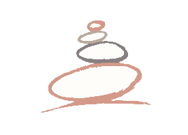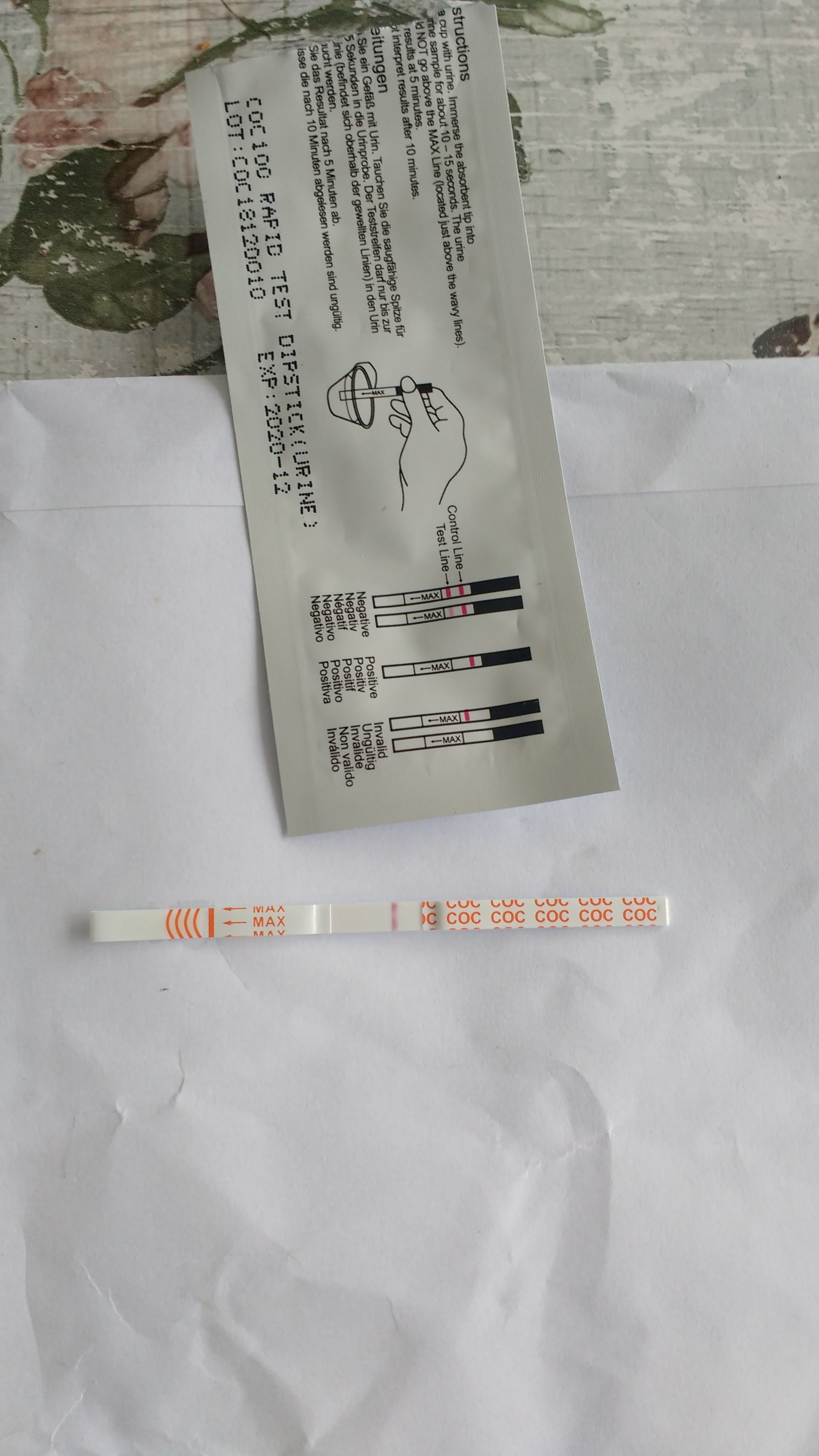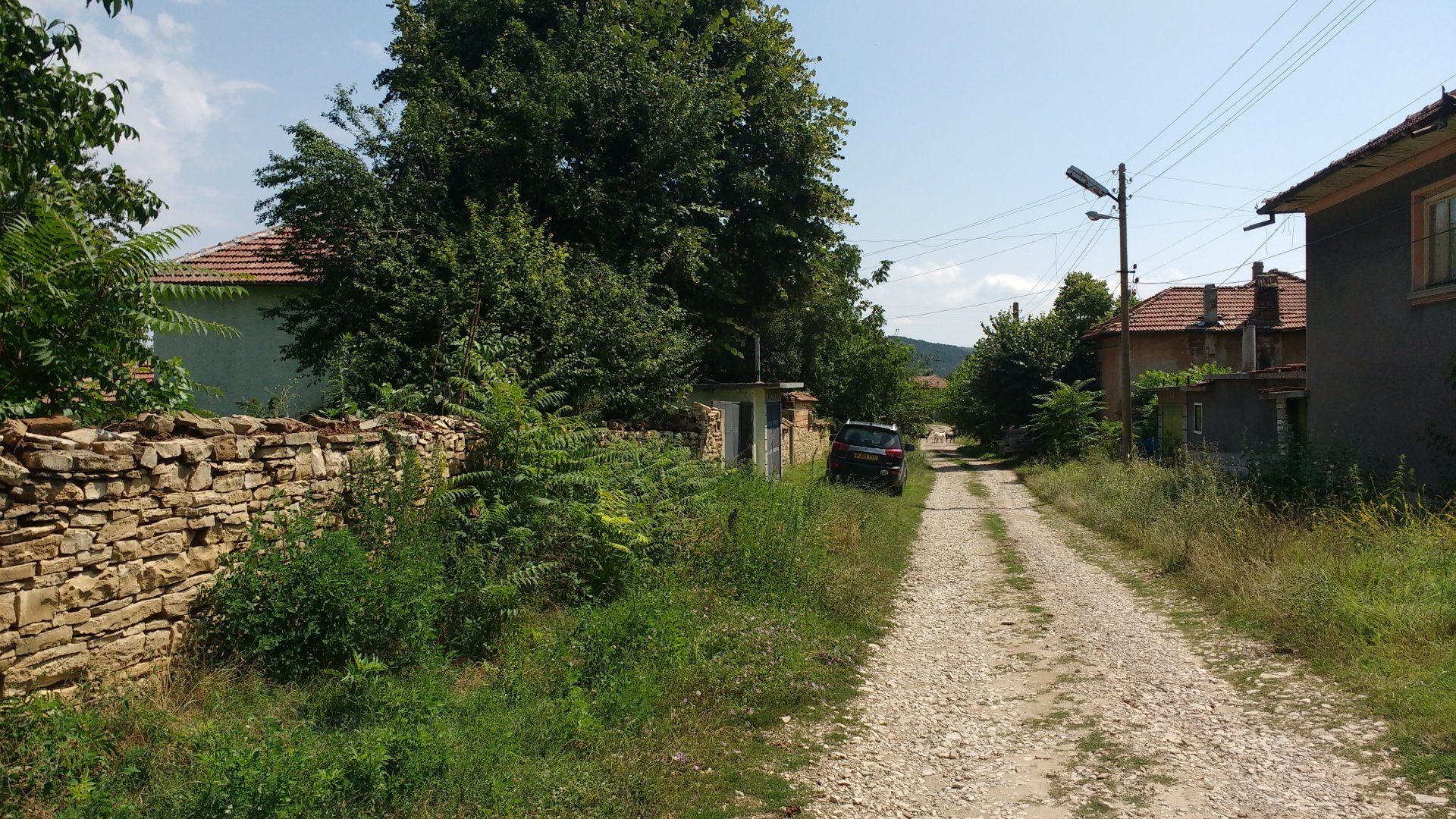Prévention de la rechute
Pour plus d'informations sur le Tower Counselling Relapse prevention Program, téléphonez au ( 44) 08454670612 ou ( 44) 07593809574 ou envoyez-nous un e-mail
La prévention des rechutes réside dans la compréhension des indices particuliers du client et aide à lui donner les moyens d'arrêter la pensée circulaire qui mène à la toxicomanie. Il existe plusieurs étapes de rechute, et des mesures de prévention des rechutes permettent d'identifier où en est le stade de la rechute et la meilleure façon d'interrompre la diapositive pour la réutiliser. Chez Tower Counselling, notre programme de prévention des rechutes comprend une thérapie qui aide le client à changer sa réponse aux facteurs de stress et aux émotions par une pensée positive et des soins personnels.
Challenge Yourself to Change
Challenge Yourself to Change
A relapse is about more than just returning to using – and, in fact, there are warning signs long before the first drink or drug use occurs. According to research, when people who have had a stable recovery and have done well begin to relapse, they:
• Have a mistaken belief that causes irrational thoughts
• Begin to return to addictive thinking patterns that cause painful feelings
• Engage in compulsive, self-defeating behaviours as a way to avoid the feelings
• Seek out situations involving people who use alcohol and drugs
• Find themselves in more pain, thinking less rationally, and behaving less responsibly
• Find themselves in a situation in which drug or alcohol use seems like a logical escape from their pain, and they use alcohol or drugs.
10 Most Common Triggers of Substance Abuse or Alcohol Relapse
• Withdrawal symptoms (anxiety, nausea, physical weakness)
• Post-acute withdrawal symptoms (anxiety, irritability, mood swings, poor sleep)
• Poor self-care (stress management, eating, sleeping)
• People (old using friends)
• Places (where you used or where you used to buy drugs)
• Things (that were part of your using, or that remind you of using)
• Uncomfortable emotions (H.A.L.T.: hungry, angry, lonely, tired)
• Relationships and sex (can be stressful if anything goes wrong)
• Isolation (gives you too much time to be with your own thoughts)
• Pride and overconfidence (thinking you don’t have a drug or alcohol problem, or that it is behind you)
Les étapes de la rechute
Relapse is a process, it's not an event. In order to understand relapse prevention, you have to understand the stages of relapse. Relapse starts weeks or even months before the event of physical relapse. In this page you will learn the early warning signs of relapse and specific relapse prevention techniques for each stage of relapse. There are three stages of relapse
• Emotional relapse
• Mental relapse
• Physical relapse
Emotional Relapse
In emotional relapse, you're not thinking about using. But your emotions and behaviours are setting you up for a possible relapse in the future.
The signs of emotional relapse are:
• Anxiety
• Intolerance
• Anger
• Defensiveness
• Mood swings
• Isolation
• Not asking for help
• Not going to meetings
• Poor eating habits
• Poor sleep habits
The signs of emotional relapse are also the symptoms of post-acute withdrawal. If you understand post-acute withdrawal it's easier to avoid relapse, because the early stage of relapse is easiest to pull back from. In the later stages the pull of relapse gets stronger and the sequence of events moves faster.
Mental Relapse
In mental relapse there's a war going on in your mind. Part of you wants to use, but part of you doesn't. In the early phase of mental relapse you're just idly thinking about using. But in the later phase you're definitely thinking about using.
The signs of mental relapse are:
• Thinking about people, places, and things you used with
• Glamorising your past use
• Lying
• Hanging out with old using friends
• Fantasissng about using
• Thinking about relapsing
• Planning your relapse around other people's schedules
It gets harder to make the right choices as the pull of addiction gets stronger.
Physical Relapse
Once you start thinking about relapse, if you don't use some of the techniques mentioned above, it doesn't take long to go from there to physical relapse: going to get a drink or calling your dealer.
It's hard to stop the process of relapse at that point. That's not where you should focus your efforts in recovery. That's achieving abstinence through brute force. But it is not recovery. If you recognise the early warning signs of relapse, and understand the symptoms of post-acute withdrawal, you'll be able to catch yourself before it's too late.
Know Your Triggers
Triggers can be internal (anxiety, irritability, stress, anger, low self-esteem) or external (people, places, or things that remind one of their past use). Making a list of internal and external triggers is an efficient way to gain awareness of one’s triggers and reduce the risk of relapse.














